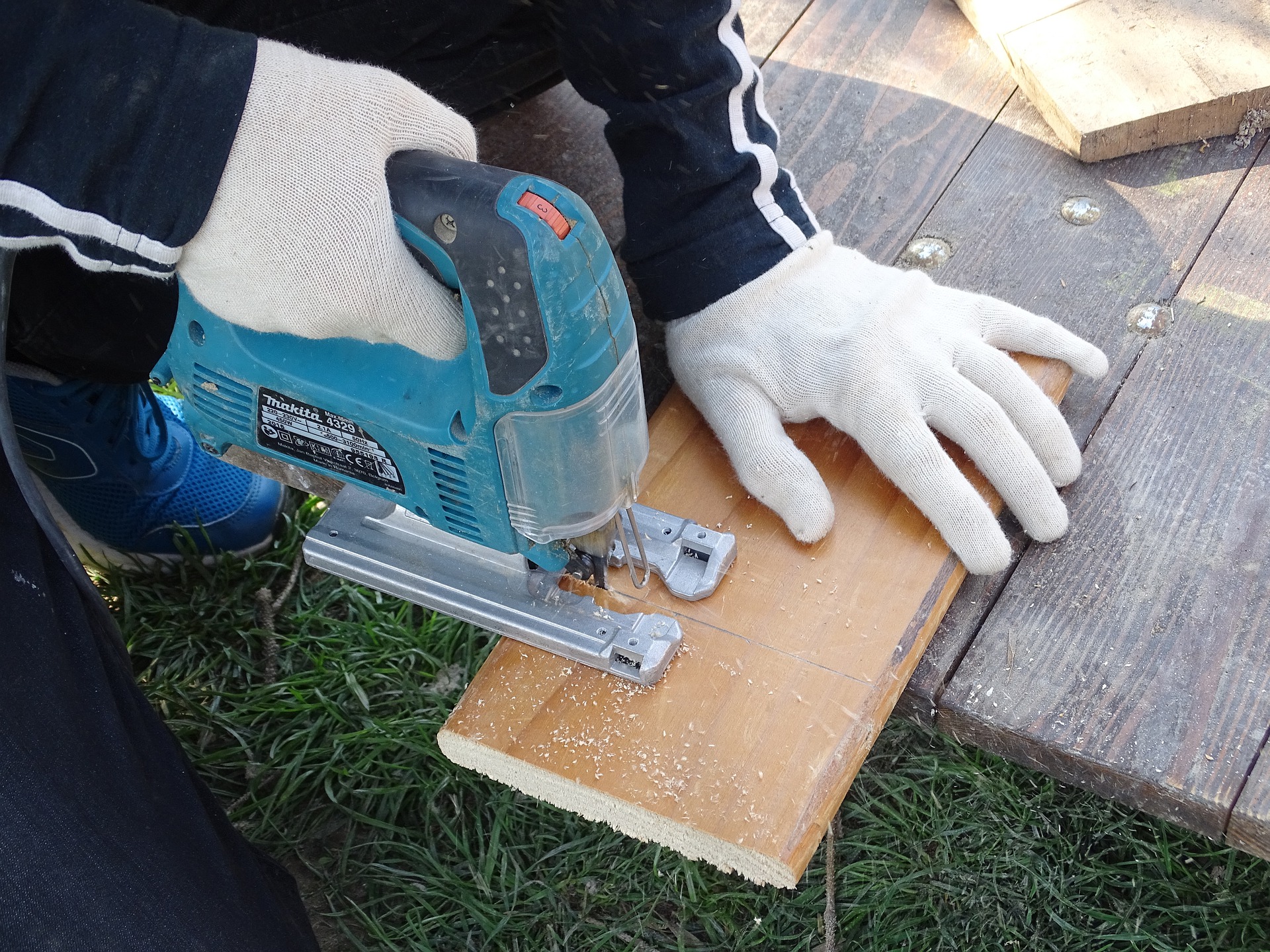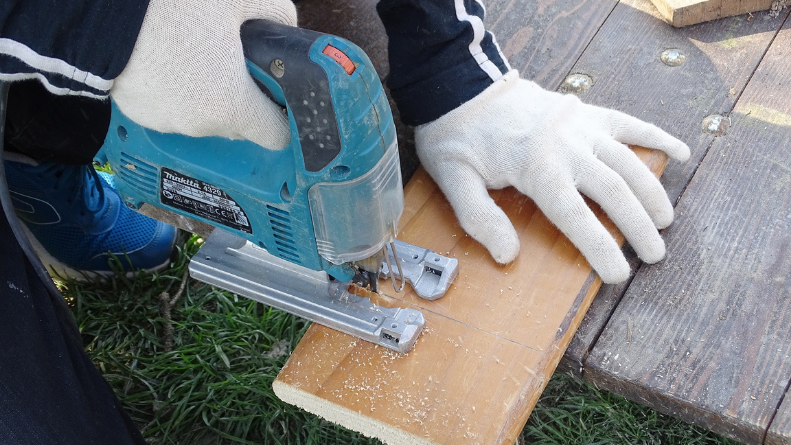What is Involved in Renovating a House?
Renovating a house is a big task and comes with all sorts of challenges and pitfalls, but once completed, the transformation can be breathtakingly rewarding. Watching a house be transformed from one lacking character and energy and then burst into life is a very satisfying experience.
Of course, the return on investment from good renovation work is another great benefit that comes along with the time, effort, and money well spent. To ensure it goes as smooth as possible, it’s a good idea to have a plan and know what’s involved.
Renovation work yields many benefits but knowing what kinds of things to look for in a property will help avoid buying a black hole that will swallow up all your cash and time, let alone give you a few extra grey hairs.
Starting point: Schedule of works
Like with most successful projects, no matter what kind, starting out with a schedule of works is a must. Trying to accomplish renovation work without one will greatly increase the odds of the project going off track and going over budget. A schedule will be the guide for the whole project and inform all parties involved of the order in which the work must take place.
The schedule should contain all the details of the project, including every single job needed for renovation, set out in chronological order for efficiency. Along with each job listed should be the named person to do the work and the costing for that job to be carried out. Compiling a schedule of works can be done with the help of the building company that you hire for the project. It will typically start off with assessing the current condition of the property, then working through the list covering jobs like taxes, structural durability, demolition work, damp, drains, plastering, ending with decorating, cleaning, and snagging.
Searching for a property
Finding the right property for a renovation project is an important part of the process that requires careful consideration. Demand and therefore competition for such property is usually very high, which can drive up the asking price as a result, perhaps even to a price that is greater than the value of the house. If you are paying with cash as opposed to relying on being accepted for a mortgage, you are likely to have greater success.

Because demand and competition are high for such properties, it doesn’t mean you should just jump in feet first with the first one that you set your eyes upon. Carful thought and checks should be done to make sure it’s the right one for you, making sure that it doesn’t have any hidden issues that catch you off guard and end up burning through all your budget in no time.
According to Jamie Johnson, CEO of FJP Investment, a property investment company with many years’ experience in the property market, “Since most of such properties in need of modernisation are sold either at auction or via a sealed bid system of bets, a good place to start is to familiarise yourself with the auction and selling process. Familiarisation will help to nurture your confidence and improve your chances of securing a suitable renovation property and a great deal. ”
Assessing potential
Factors to consider when choosing a renovation property include identifying what your budget is, the expected cost of the work to be done, and the volume of work needed for the job. Other important factors that require consideration when viewing the property include the potential the property holds after being renovated.
Another thing to look out for is if there is space at the property for potential extensions. This could be at the back or side of the house. Basements and attics are also places to look at for potential extensions and conversions.
Some of the renovation work may involve successfully obtaining planning permission from the local authorities, so it is worth looking at other houses nearby to see if they have already had similar work done, which may be a good indicator of how successful you may be. If you have space for and are anticipating a side extension, for example, if other properties show signs of similar work, then you will likely be OK.
You have probably heard the saying, “Location. Location. Location.” Well, it’s true. Location is critical, and a house that checks all the boxes for what you’re looking for except location is likely to be a bad choice.
Another important thing to bear in mind is the amount of structural work is needed compared to just superficial work. As you can imagine, structural work takes more time and money compared to surface work and involves more complications.
Most importantly, will the renovation work add value to the property by the time all the work has been paid for? When the property purchase price is added to the expected cost for work, with a little extra to cover unforeseen costs, how does this stack up against the ceiling prices for houses in the local area?
In addition, what is the current trend for the housing market? Are you anticipating doing work in a rising market or is the housing market showing signs of slowing down?
ARE YOU READY TO START INVESTING?
Subscribe to our mailing list now for exclusive deals, investment guides and the latest information from the property market.







